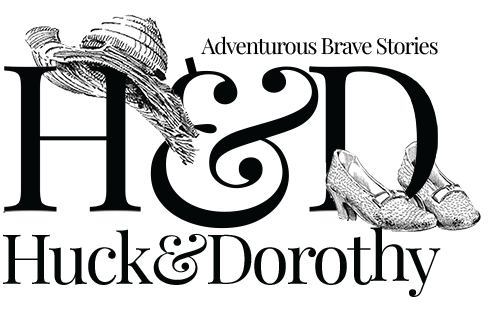Our children are not reading, and we can’t blame the pandemic for the dramatic decline. Even before the pandemic, studies showed time and time again that reading amongst children was falling.
This has created a crisis in education and, in the future, the workplace. Studies show that fewer and fewer high school graduates can read at a basic level. Which means that grade school kids aren’t reading well either.
In fact, the N.Y. Times wrote that in the last few years, a decade of reading advancement has been wiped out for kids nine years old and younger.
To make matters worse, because of the erosion in reading and education, shortly, those going into the workplace will not be ready to maintain or keep jobs locally, let alone be able to compete on a global level with those educated in countries like China.
Things could look better. But there is an answer, and it’s elementary: you and a book.
Pick Up a Book and Change a Life
We are creatures of habit and imitation. If children do not see their parents or adults reading and are not being read to by adults or parents, they won’t read for themselves. But the more they are read to and the more they read, the more they continue doing so later in life.
This is crucial to living a whole, meaningful life. So, if you want to help your child or grandchild do better in school, be able to excel later in life, and live a meaningful existence, pull out a book and read to them, because here are seven things that they will gain from that time in a good story:
- Increased Learning: every aspect of learning requires reading. The better one can read, the better one can study and learn.
- Development of Empathy: fiction stories put the reader into the shoes of the characters, allowing them to experience the highs and lows of their life—nothing will build empathy and understanding for other people quicker than reading a great fiction book.
- Improved Imagination and Creativity: fiction will stimulate the imagination as the reader and hearer read about locations they have never been, characters that thrill and inspire, and so on, without being given much in the way of visuals. The mind will have to form the images, which strengthens and enhances the imagination and creativity.
- Improved Language Skills: when a child is reading or hearing a story above their grade level, they will be challenged with new words, and they will learn what the words mean in the context of the story, which is one of the best ways to learn a language and its usage.
- Form a Special Bond with Your Child: grow closer to your child by entering an imaginative, immersive world where you experience the unfolding of the story together, creating memories that will last long after you read it together.
- Increased Concentration and Discipline: stories challenge the brain to follow and understand a narrative, all the while attempting to anticipate where the story is going. It also requires the mind and body to calm down and focus on one thing, helping to settle down emotions and mental activity.
- Cultivating a Lifelong Love of Reading: reading over a lifetime can only help and benefit your son, daughter, grandchild, niece, or nephew. So reach out and read to them.
Stories and Health are Intertwined
Linda C. Mayes, M.D., writes in Psychology Today:
“Literacy and health are closely intertwined. Research has proven that stories are a powerful mechanism for building resilience and helping young people develop empathy, foster emotional intelligence, and find strength. …“Building social connections is one of the most important predictors of resilience, and literacy can provide a powerful source of those connections. We know that literacy increases how students and families engage. Bringing children and families together around shared stories and narrative has a lifetime benefit as narrative brings people together and builds community. …“Reading increases a child’s capacity for critical thinking, develops empathy skills, gives them the support they need during challenging times, and builds much-needed resilience promoting skills which can help protect against various mental health conditions such as depression and anxiety. To put it clearly, literacy is not just an educational intervention but is an investment in a child’s health for the long haul.”*
Where to Go for Reading Materials
There are a lot of options when looking for reading resources. Obvious ones are retailers, public libraries, and school libraries. But if you are concerned about hidden agendas (or overt agendas), you must carefully select the newer books and stories.
A lot of the fiction flooding the market today is anti-family, anti-human, and anti-life. You shouldn’t have to compromise you or your family’s values to read great tales. Which is why we created our own story platform: Wind&Current, a serial fiction site for all ages.
Through Wind&Current, you will discover thrilling, imaginative tales for you, your kids, teenagers, and parents.
Each of our stories is life-giving, with memorable characters and stunning settings steeped in imagination and ancient values. Every week, you can read exclusive, first-look chapters of original stories in our four reading levels: children, middle grade, young adult, and adult. That means each week, you will get access to four chapters, one from each level. Check out our site today for more information.
The Future is Literally In Your Hands
Reading to a child is easy, but it does take a little sacrifice: you have to find a book they will like that won’t damage them morally and give up an hour or so once or twice a week to read to them. The benefits far outweigh the effort it takes to connect with them, stop the decline in education, and ensure they have a bright future ahead.
* https://www.psychologytoday.com/us/blog/happy-healthy-child/202305/the-mental-health-benefits-of-literacy


